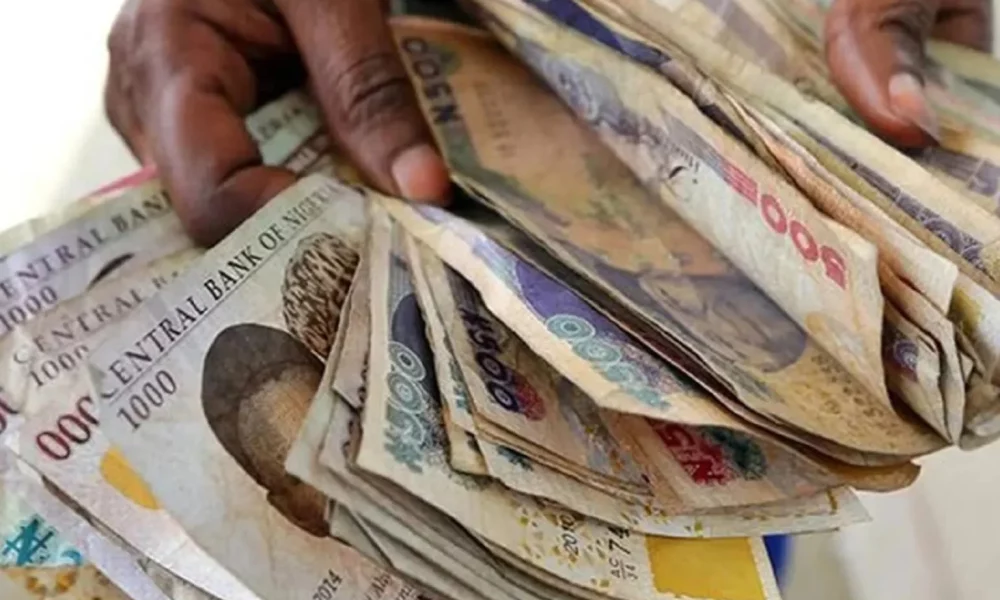In the midst of ongoing foreign exchange volatility, Nigeria’s foreign exchange reserves have decreased by $1.6 billion to $32.97 billion since the Central Bank of Nigeria initiated efforts to unify the country’s foreign exchange rates.
On June 14, the central bank introduced new forex regulations, instructing Deposit Money Banks to eliminate the rate cap on the naira at the official Investors’ and Exporters’ Window of the foreign exchange market, enabling the national currency to freely float against the dollar and other global currencies. Since this announcement, both the naira and foreign currency reserves have experienced a decline, with the country’s gross FX reserves standing at $34.62 billion as of June 15.
Recent data from the Central Bank of Nigeria reveals that the foreign exchange reserves further dropped to $32.97 billion as of December 1, 2023. Inadequate foreign exchange reserves have been partially attributed to the foreign exchange crisis in Nigeria, as highlighted in a recent Africa Outlook report by the Economist Intelligence Unit.
The report indicated that Nigeria lacks sufficient FX reserves to support its exchange rate unification policy. The unsupportive monetary policy suggests that the naira will face ongoing pressure, with the central bank unable to adequately supply the market or address a backlog of foreign exchange orders. This situation is expected to unsettle foreign investors, leading to challenges in maintaining the exchange rate regime and periodic devaluations due to high inflation and disparities with the parallel market.
Professor Godwin Oyedokun, a Lead City University academic, identified weak economic fundamentals, low foreign reserves, increased external debts, and a dual forex window as factors contributing to Nigeria’s forex crisis. JP Morgan estimated Nigeria’s net FX reserves at $3.7 billion, emphasizing continued pressures on the FX market, though the Central Bank of Nigeria may acquire FX at commercial and semi-commercial rates.
Despite these challenges, the Governor of the Central Bank of Nigeria, Dr. Olayemi Cardoso, acknowledged the persistent fluctuation in the exchange rate during a recent event and pledged to ensure transparency and fairness in the bank’s operations. He expressed confidence in restoring macroeconomic stability and addressing fundamental flaws through appropriate corrective actions and strategic steps.

Leave a Reply